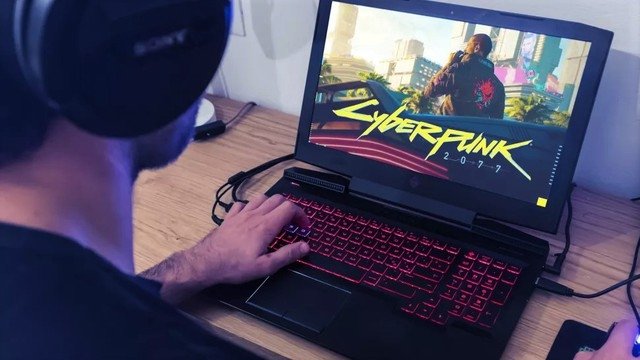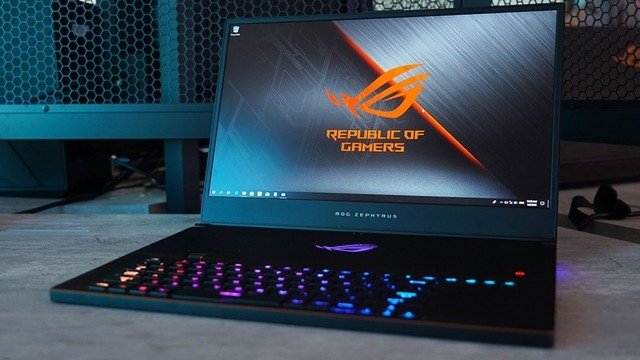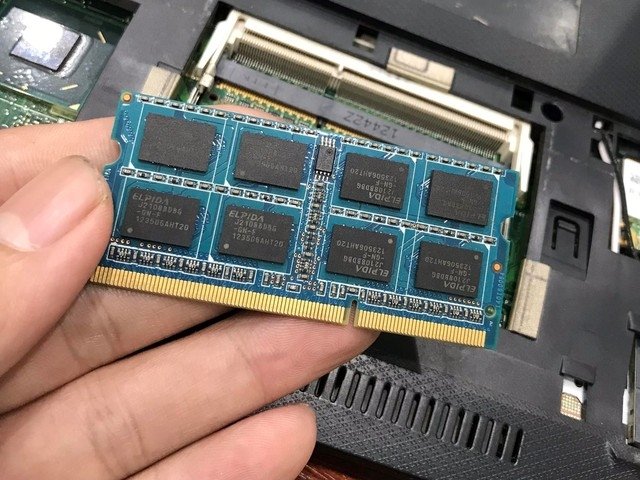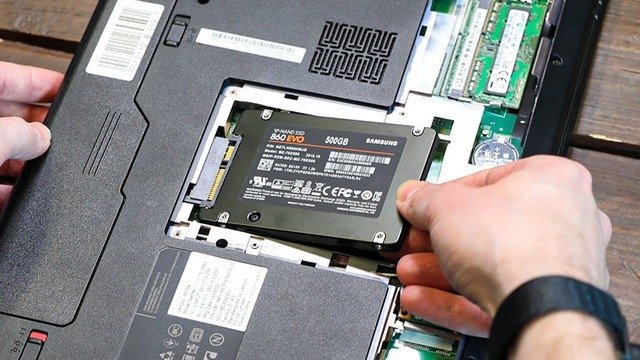
7 steps to choose the perfect gaming laptop for beginners 1
Buying a laptop can be a big decision, and there are many options to consider.
Knowing where you should start when choosing a new gaming laptop can be difficult.
Upgrading a gaming laptop with new hardware is often not feasible, so planning ahead and thinking about how you want to use your system is important.
Screen
Size, resolution, and refresh rate can all affect your gaming experience.

The higher the resolution, the more pixels appear on the screen, and that means a clearer image.
A higher refresh rate display can help on-screen action appear smoother and easier to follow.
Microprocessor (CPU)
The CPU, or central processing unit, acts as the `brain` of your laptop.

Your choice of CPU can have a significant impact on everything you do, from the frame rates you see in games to the response times of applications and even the battery life of your laptop.
To maintain consistent in-game performance while streaming or recording gameplay, we recommend at least an Intel® Core™ i7 Processor.
Graphics Processing Unit (GPU)

A laptop GPU, or Graphics Processing Unit, creates pixels and they make up the image on your screen when gaming.
If you want to game at 1440p or 4K, a capable CPU and GPU are a must.
RAM

RAM is temporary memory that stores data for quick retrieval by your CPU.
Additional RAM allows a personal computer to run multiple processes simultaneously and allows the system to switch more quickly between programs while also running background services.
Memory

Solid state drives (SSDs) outperform legacy mechanical drives (HDDs) in most areas that impact gaming.
Because SSDs don’t use moving parts and have processes to level wear on memory blocks, they also have a longer lifespan than traditional hard drives.
SSDs typically cost more per gigabyte than comparably sized hard drives due to higher manufacturing costs.
Design
Gaming laptops come in a variety of shapes and sizes.
Consider the trade-offs between power, price, portability, as well as available ports and performance-enhancing extras when thinking about laptop design.
Heat dissipation system
Improvements in cooling have allowed laptop manufacturers to change the old stereotype of thick, unwieldy gaming laptops.
Comparing one cooling system to another can be difficult just from the manufacturer’s description, so it’s worth checking out reviews to learn about real-world performance and how it stacks up.
(According to Intel)






